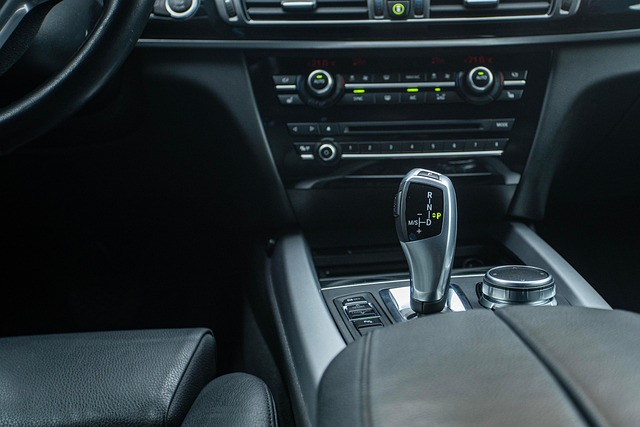“Unraveling the complexities of PCP claims is essential for every UK driver. This comprehensive guide aims to demystify the process and empower you to navigate PCP claims with confidence. From understanding your policy to making a successful PCP claim, we’ve got you covered. Learn about common pitfalls to avoid, ensuring you receive the compensation you deserve. Discover practical tips tailored for UK drivers, enabling you to make informed decisions regarding your PCP Claims. Maximize your benefits and stay protected on the roads.”
- Understanding PCP Claims: A Comprehensive Guide for UK Drivers
- How to Make a Successful PCP Claim: Step-by-Step Process
- Common Pitfalls and Tips to Avoid When Claiming Under Your PCP Policy in the UK
Understanding PCP Claims: A Comprehensive Guide for UK Drivers

Understanding PCP (Personal Contract Purchase) claims is essential for UK drivers who have entered into this type of vehicle financing agreement. A PCP claim occurs when a driver wants to make a complaint or seek reimbursement for issues related to their leased car. This could include problems with the vehicle’s condition upon delivery, unexpected maintenance costs, or even disputes over mileage readings.
UK regulations provide robust protections for consumers in such cases. Drivers should familiarise themselves with their rights and the claims process. Typically, PCP claims involve contacting the leasing company or dealer to discuss the issue. If an agreement is not reached, further steps can be taken, such as involving consumer advocacy organisations or seeking legal advice. Understanding one’s rights and knowing how to navigate the claims process is crucial for ensuring a fair outcome when dealing with PCP-related vehicle issues.
How to Make a Successful PCP Claim: Step-by-Step Process

When it comes to making a successful PCP (Private Care Provider) claim in the UK, following a structured process is key. Firstly, ensure you have all the necessary documentation ready, including treatment records and prescriptions. Accurate and complete paperwork is vital for a smooth claims process. Next, identify the relevant insurance company or funder responsible for covering your specific treatment. Different PCP plans may have different policies, so understanding coverage is essential.
Once identified, contact the insurer directly to initiate the claim. Many providers offer online portals or dedicated claim forms for ease of use. Provide all required details and attachments, double-checking accuracy to avoid delays. Regularly follow up with the insurer if there are any queries, ensuring your claim stays on track. Remember, timely submission and attention to detail significantly enhance the chances of a successful PCP claim.
Common Pitfalls and Tips to Avoid When Claiming Under Your PCP Policy in the UK

When claiming under your PCP (Personal Contract Plan) policy in the UK, it’s important to be aware of potential pitfalls that could delay or even reject your claim. Common issues include incorrect documentation, late reporting of damages, and failure to follow the insurer’s protocol for claims. To avoid these problems, ensure all paperwork is completed accurately and submitted on time. Keep detailed records of any communications with your insurer, as well as any repair estimates or invoices.
Before making a claim, double-check that the damage falls within the terms of your PCP policy. Familiarize yourself with the specific exclusions and conditions to prevent unexpected rejections. Additionally, be transparent about the circumstances surrounding the incident; misrepresenting details can lead to issues down the line. Remember, clear communication and prompt action are key to navigating the claims process smoothly.
Knowing how to navigate PCP claims is essential for UK drivers looking to protect their vehicles. By understanding the process, following a structured approach, and steering clear of common pitfalls, you can ensure a smooth experience when making a PCP claim. Remember, being prepared and informed is key to successfully managing any vehicle maintenance or repair expenses under your PCP policy.
